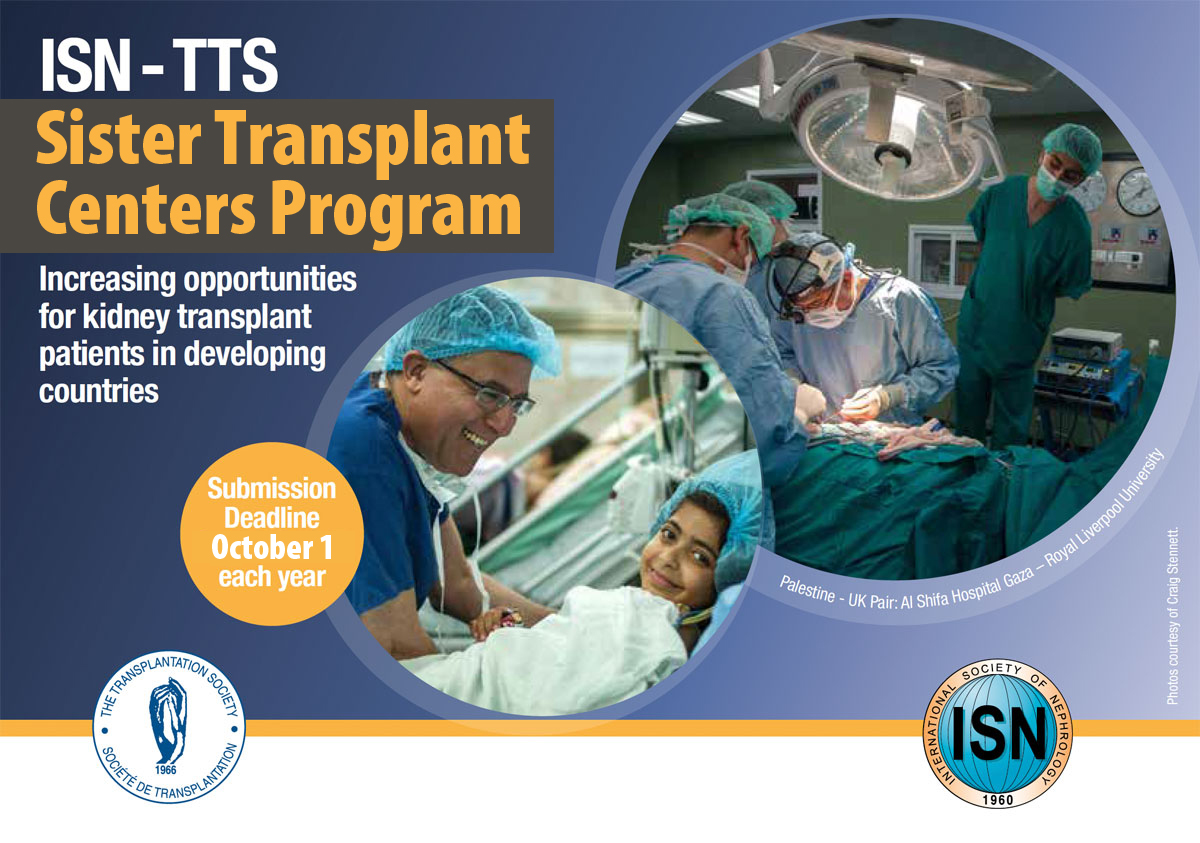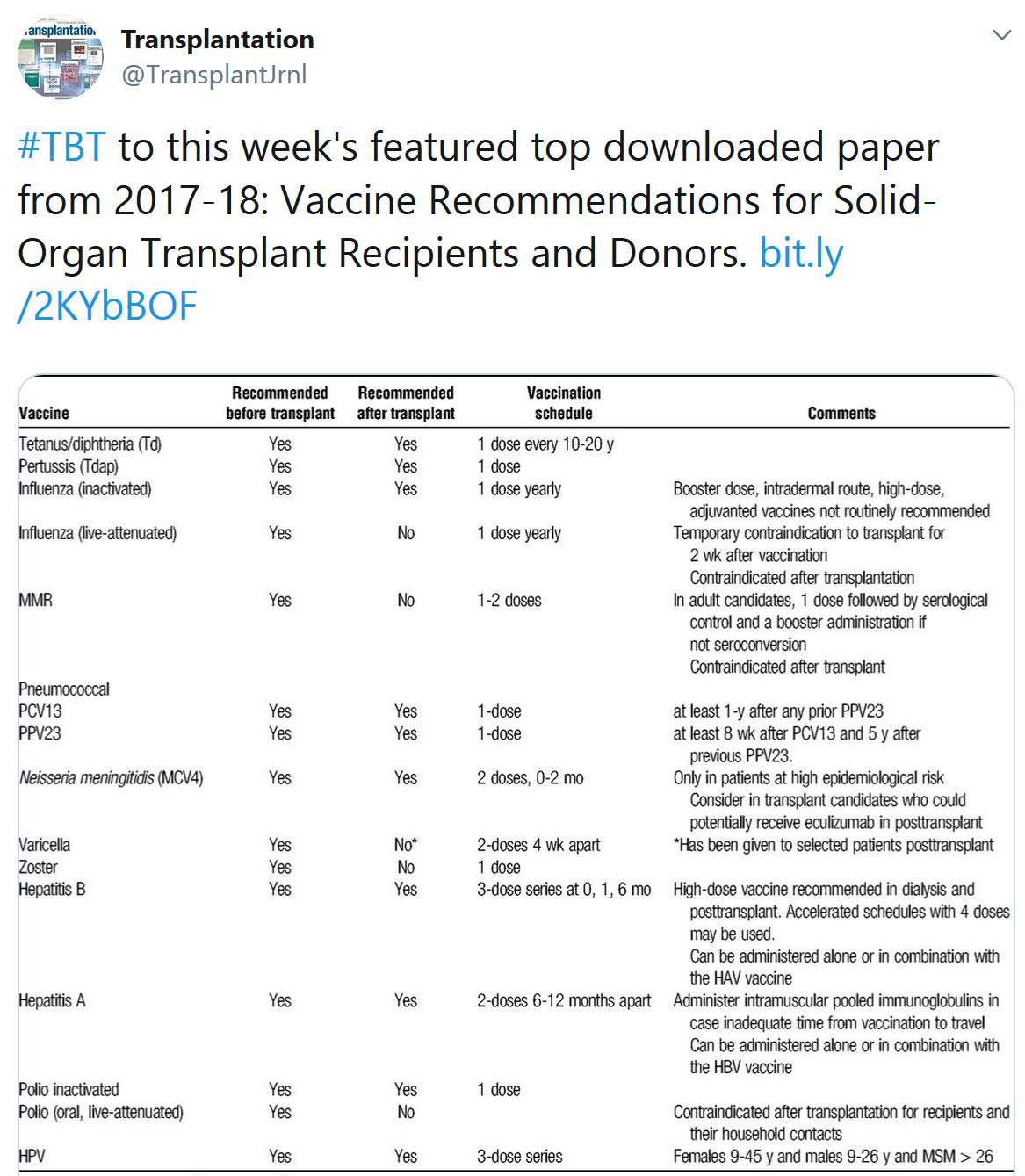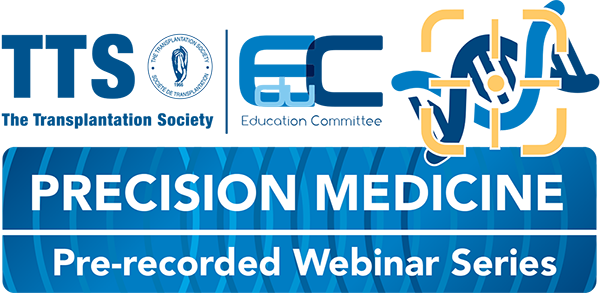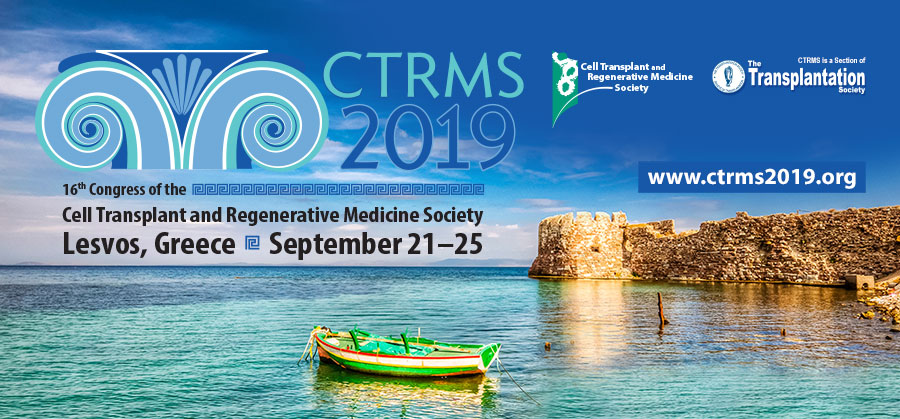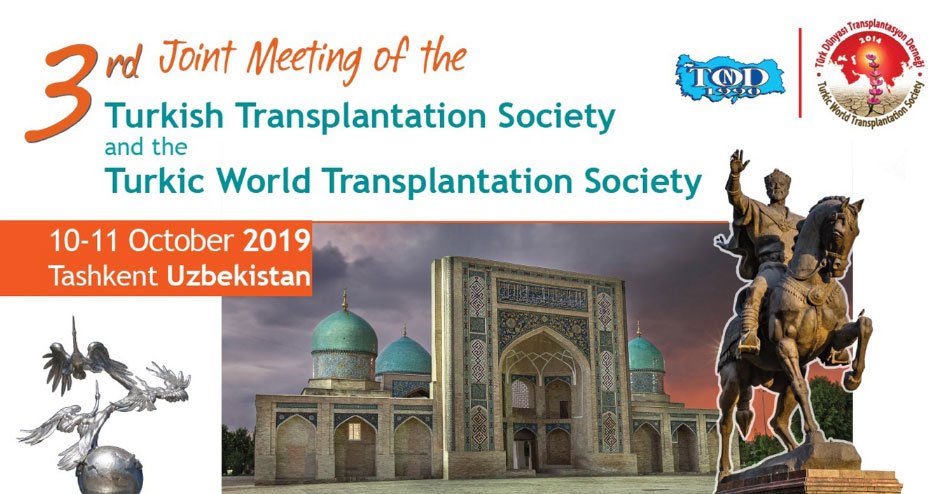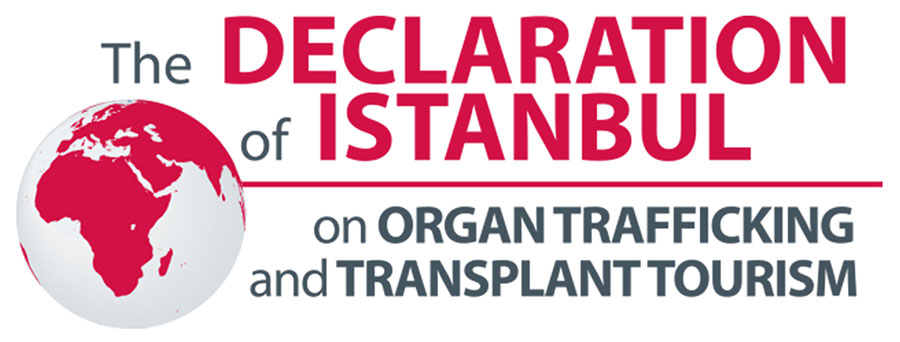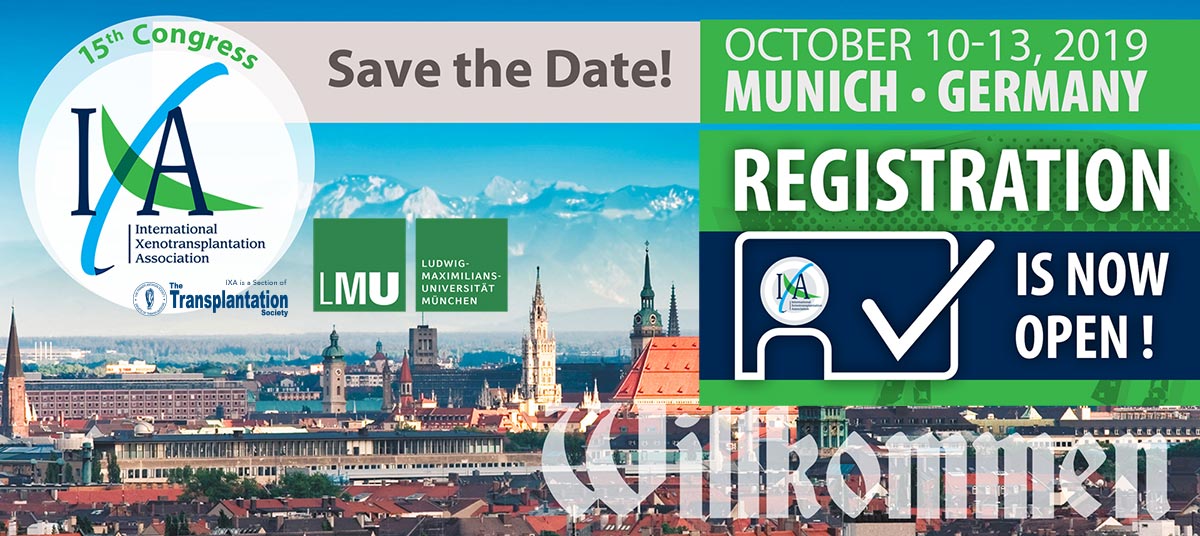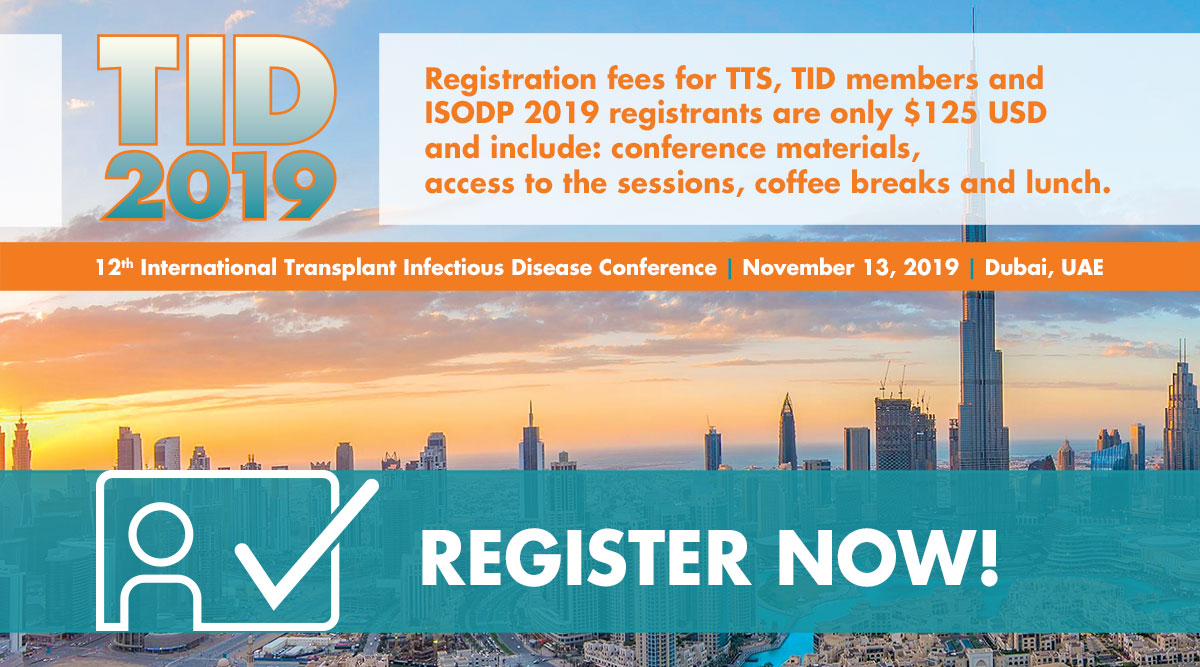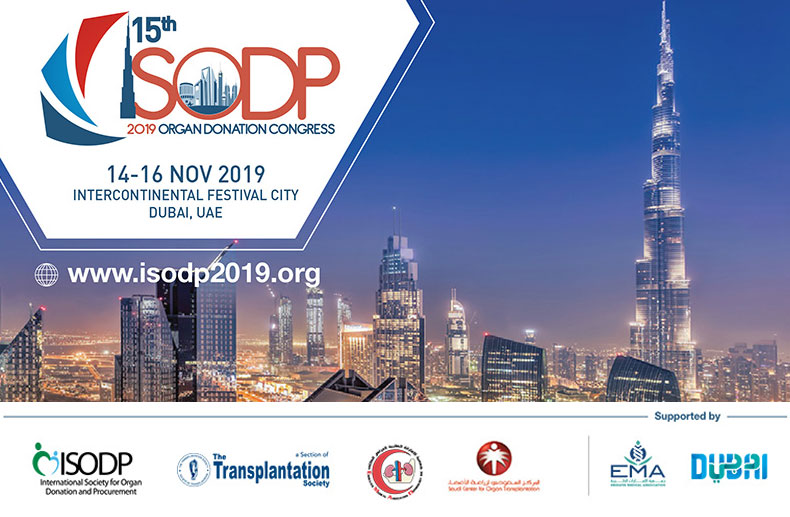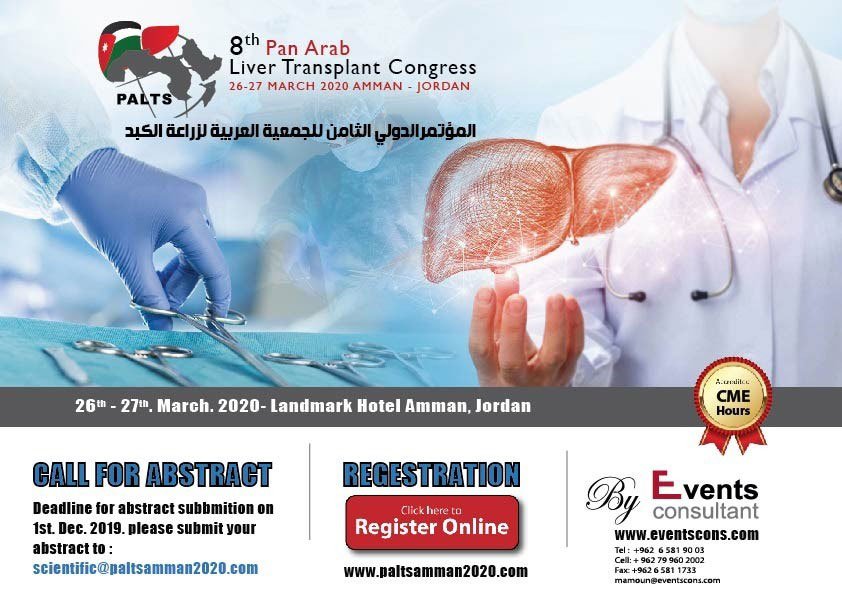
ASK ME FIVE QUESTIONS WITH DR. JEREMY CHAPMAN: PREPARING A MANUSCRIPT
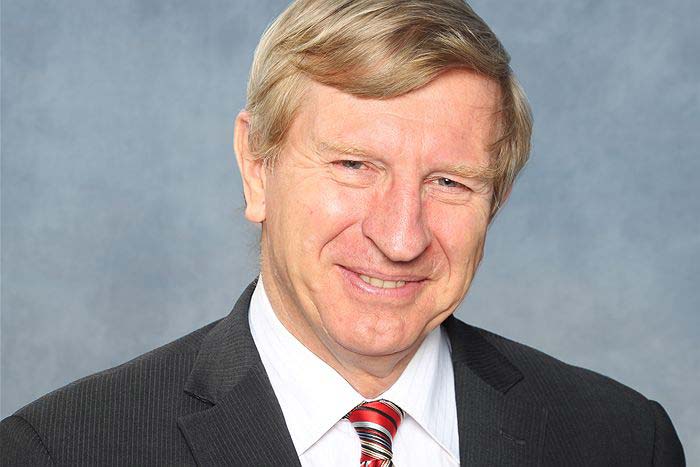
In the next few issues of the Tribune and Pulse, the Young Members Committee (YMC) will be contributing tips and advice from lead figures in the field of transplantation. Through innovative interviews with senior colleagues, we will discuss various challenges that are relevant to young members, from how to publish a paper to organising a clinical fellowship. If you have any suggestions for topics or people to interview, please do get in touch! The below questions were asked by Shaifali Sandall to Dr. Jeremy Chapman. These questions accompany the article featured in last week’s edition of the tribune.
PREPARING A MANUSCRIPT
1) What are the most common mistakes that authors make when submitting their manuscripts to Transplantation?
Failing to correct your submission letter and addressing it to the editor of the journal that has just rejected your paper and not the one you are now submitting to. You need a plan for publication that is realistic and agreed in advance with your co-authors. Which journals will you submit to and in which order.
2) Can you please give examples of some of the best original research papers that you have read?
No! I would of course cite the work in our journals – Transplantation and Transplantation Direct. The best original research is often read in hindsight and its significance missed on first publication. Sometimes one reads a paper and realises something has suddenly fallen into place and a clinical problem is now understood. Sometimes one reads some amazing basic research which is years away from application but which one can see will be a game changer. We have a series of papers in Transplantation that we publish which are brief reviews of potential ‘Game Changers’ – I suggest you keep an eye on them.
3) Can you give an example of the best original research paper that had so much potential to be published in Transplantation but got it wrong because of something incredibly silly?
Again the answer is no! I wouldn’t single out an author or paper in that way but it is sad to see papers that see an association between two facts and then try to prove through mediocre statistical analysis that a determines or causes b. Another common problem is Multivariable analyses that have more variables than subjects to test, or fitting data to a hypothesis and not testing the model on a different data set. Always get great statistics advice and take the advice n matter how disappointing that advice can be!
4) On average, how many rounds of revisions do you do prior to submitting a manuscript?
Revisions before submission are at least as many as the number of co-authors as a rule of thumb. The more authors the more important the paper has to be and the more that people will want to get it right. Young researchers often misunderstand the value of multiple authors – they can feel that senior authors are ‘getting in on the act’ without doing any work. Two responses to this are – the senior authors need to do the work and probably have done so in setting the context for your research providing the facilities, employing you and setting the underlying hypothesis up etc. The second perspective is that having a well known senior author prepared to put their name to the work is a huge boost to its chances of being published, they often have good judgement!
5) What is the most important advice you can offer to young researchers when preparing their manuscript?
Do good research and the paper will follow!
ISN-TTS SISTER TRANSPLANT CENTERS PROGRAM - DEADLINE IS APPROACHING
THE DEADLINE TO SUBMIT AN APPLICATION TO THE ISN - TTS SISTER TRANSPLANT CENTERS PROGRAM IS OCTOBER 1, 2019 (FOR 2020).
The ISN-TTS Sister Transplant Centers Program is a joint partnership set up between ISN and The Transplantation Society (TTS) to create new kidney transplant centers and develop existing kidney transplant programs in emerging countries. This initiative encourages transplant centers to work together to increase opportunities for kidney transplant patients in developing countries.
CLICK HERE TO LEARN MORETTS EDUCATION COMMITTEE'S PRECISION MEDICINE WEBINAR SERIES - NEW RELEASE!
JUST RELEASED - the most recent webinar in the Precision Medicine Webinar Series. Dr. Maria Kaisar and Dr. Rutger Ploeg present on Bridging the Gap between basic and translational transplant research;the role of transplant biobanks. This webinar is moderated by Gören Klintmalm. Still available, the previous webinars in the series. Log in and take advantage of writing questions to the moderators and presenters in your own time.
CLICK HERE TO VIEWWOMEN IN TRANSPLANTATION NETWORKING EVENT


JOIN US FOR BREAKFAST AT THE AMERICAN SOCIETY OF HISTOCOMPATIBILITY AND IMMUNOGENETICS (ASHI) ANNUAL MEETING.

Dr. Thompson is Vice Dean of the University of Pittsburgh School of Medicine (UPSOM) and Professor of Critical Care Medicine. She was Chief of Pediatric Critical Care from 1981–2009; She is a past president of the Society of Critical Care Medicine, only the second woman to hold that position; Chair of the Suborn of Pediatric Critical Care Medicine of the American Board of Paediatrics; member of the RRC for Pediatrics (ACGME); member of the Board of the World Federation of Pediatric Intensive and Critical Care Societies; and past Chair of PALISI, a pediatric critical care clinical research network. She has received the American Academy of Pediatrics’ Distinguished Career Award, Society of Critical Care Medicine’s Distinguished Service Award, Children’s Hospital of Pittsburgh’s Wiener Award for Outstanding Contributions to Pediatric Healthcare, and the Girl Scouts of Western PA Woman of Distinction in Healthcare Award. As prior Associate Dean for Faculty Affairs at UPSOM, she mentored countless junior faculty with a special interest in women as they navigated stages of their professional careers. As Vice Dean she established the Diversity Advisory Council at UPSOM and is working across the school to promote a diverse and vibrant community where everyone feels acknowledged, respected and valued. She has persistently advocated for better practices for recruiting and promoting outstanding women and minorities under-represented in medicine in the UPSOM and professional organizations. In each of her roles she has supported the advancement of women and men of diverse backgrounds to positions of academic leadership across the nation.
- David L. Lawrence Convention Center
Rm: 315-316, Level 3
1000 Fort Duquesne Blvd
Pittsburgh, PA 15222 - Registration and breakfast is complimentary
RSVP by September 17th at: www.surveymonkey.com/r/83GJS6P
(limited seats available)

TRANSPLANTATION - HIGHLIGHTED ARTICLE

Dr. Karen Keung, Editorial Fellow, Transplantation
EVEROLIMUS AND LONG-TERM CLINICAL OUTCOMES IN KIDNEY TRANSPLANT RECIPIENTS: A REGISTRY-BASED 10-YEAR FOLLOW-UP OF 5 RANDOMIZED TRIALS
Ying T, Wong G, Lim WH, et al.
Transplantation: August 2019 - Volume 103 - Issue 8 - p 1705–1713
A reduction in calcineurin inhibitor (CNI) exposure has become the focus of many immunosuppression trials in renal transplantation, with renewed interest in the mammalian targets of rapamycin inhibitors(mTORis) such as everolimus. Outcome data beyond 5 years of follow-up for mTOR- based regimens however is lacking. In this study, Ying and colleagues evaluated the 10- year risk of graft loss, mortality and graft function in 349 participants from 5 randomised controlled trials (RCTs) of everolimus-based immunosuppression compared with current standard of care (CNI, mycophenolic acid and steroids), by linkage of trial patient data to the Australia and New Zealand Dialysis and Transplant (ANZDATA) Registry.
There were no observed differences in the risk of all-cause graft loss, mortality or death-censored graft loss, although discontinuation of everolimus was high within the first 1 to 2 years after transplantation. Results were unchanged when stratified by treatment regimen (everolimus with reduced-dose CNI or CNI withdrawal) or timing (early versus late initiation). Beyond these long-term findings, the authors have also demonstrated that linkage to registry studies provide an efficient method to collect long-term outcome data of RCTs.
CLICK HERE TO VIEWTTS-ILTS PAIRED TRANSPLANT CENTERS PROGRAM
DEADLINE JANUARY 1, 2020
The TTS-ILTS Paired Transplant Centers Program is a collaboration between The Transplantation Society (TTS) and the International Liver Transplantation Society (ILTS) supporting new liver transplant programs in emerging countries.
VISIT WWW.TTS-ILTS.ORG FOR FULL DETAILSIN THE NEWS
CRISPR Gene-Editing May Offer Path To Cure For HIV, First Published Report Shows
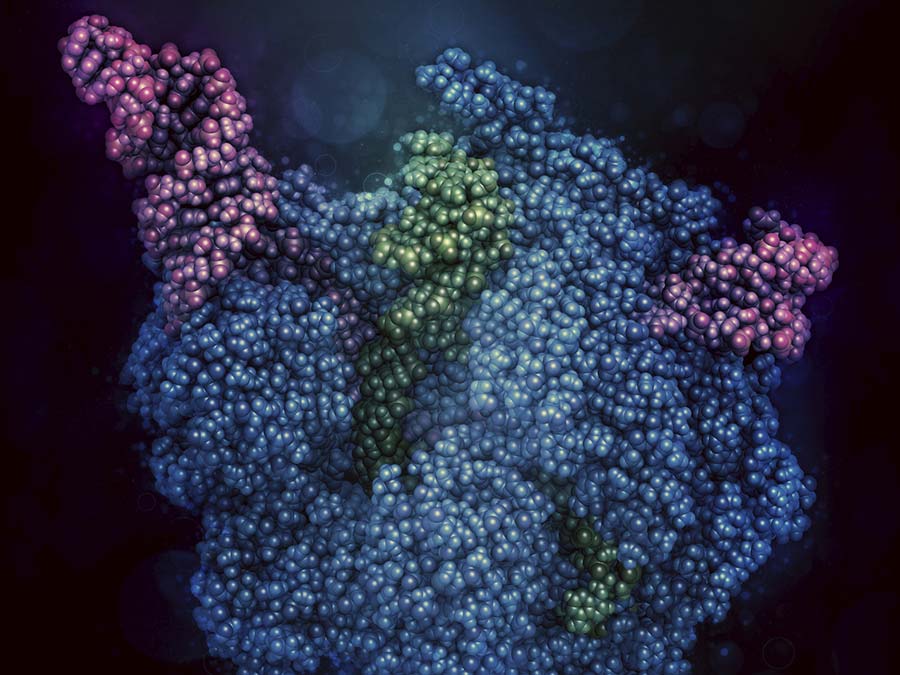
Sept. 11 - There's been a lot of excitement lately that the powerful gene-editing technique CRISPR could offer a new way to treat health problems ranging from cancer to blindness. But there hasn't been much direct scientific evidence in actual patients about whether it might work or would be safe — until now. Chinese scientists have published the first report in a scientific journal of an attempt to use CRISPR-edited cells in a patient--a 27-year-old man who is HIV-positive.
Johns Hopkins Breakthrough Opens the Door for Stem Cell Transplants to Repair the Brain
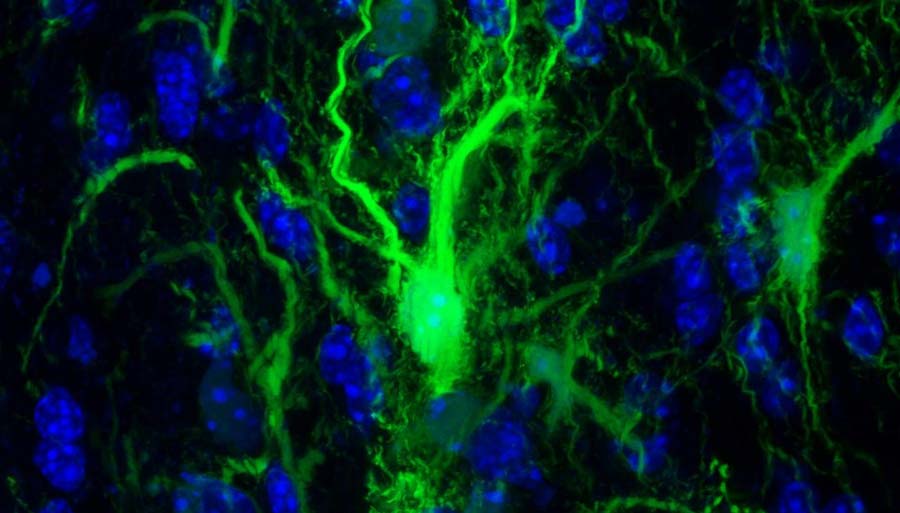
Sept. 16 - Transplanted brain stem cells survive without anti-rejection drugs in mice. By exploiting a feature of the immune system, researchers open the door for stem cell transplants to repair the brain.
Hepatitis C-infected kidneys function as well as others after transplant, study says
Sept. 12 - There has been a dramatic shift in how doctors use donated kidneys infected with hepatitis C that used to be thrown away. More transplant centers are willing to use kidneys infected with hepatitis C. That might sound risky, but with advances in treatment for hepatitis C, a new study finds the organs are viable and won't make a recipient ill.
UPCOMING MEETINGS AND ANNOUNCEMENTS
TOND-TDTD - SAVE THE DATES - OCTOBER 10-11, 2019!
The 3rd Joint Meeting of the Turkish Transplantation Society and the Turkic World Transplantation Society will be held in Tashkent, Uzbekistan on October 10-11, 2019. The Scientific and Local Organizing Committees, comprised of international transplantation leaders, have developed a program that reflects current problems and represents a collection of scientific, educational, and practical information. The meeting will be an exciting opportunity for transplant professionals to share their expertise as well as their concerns regarding the development of the field in their own countries.
24TH ANNUAL SPLIT MEETING
SPLIT is an official section of The Transplantation Society
REGISTRATION IS NOW OPEN!
INTERNATIONAL TRANSPLANTATION SCIENCE MEETING 2019
ITS 2019 is set for Nov. 10-13 in Clearwater Beach, Florida. Keynote speakers include Katherine High, President and Head of R&D at Spark Therapeutics, and Ronald Germain, chief of Laboratory of Immune System Biology and Lymphocyte Biology Section at the National Institute of Allergy and Infectious Diseases National Institutes of Health.
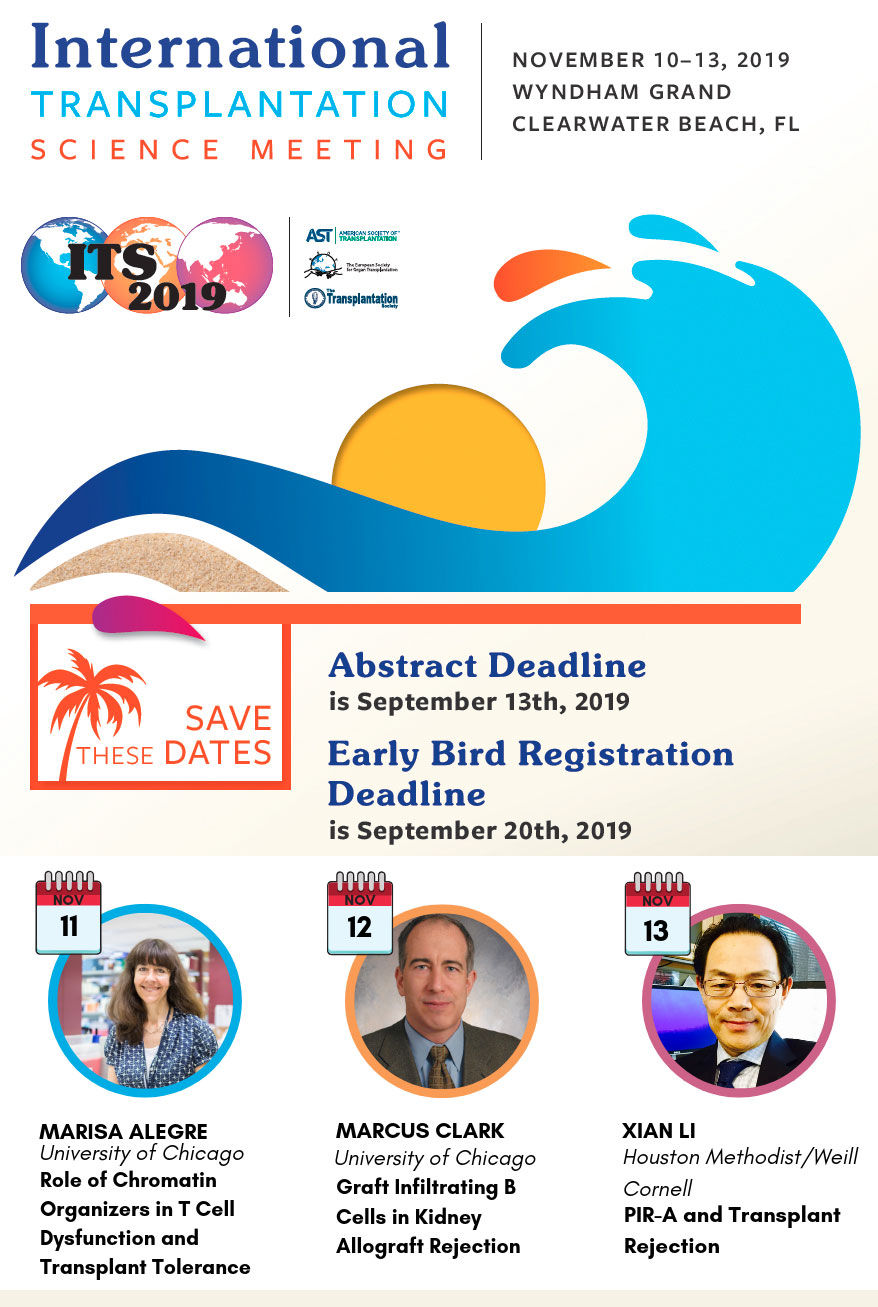
UPCOMING DECLARATION OF ISTANBUL CUSTODIAN GROUP SPONSORED MEETINGS
On 22 October 2019, the DICG and STALYC bring together representatives and professionals of 20 Latin American countries for a special symposium on Transparency in Organ Donation and Transplantation for Latin America just prior to the XXV Latin American and Caribbean Transplant Congress, in Merida Mexico. The objective of the meeting is the best understanding and search for strategies to prevent organ trafficking and transplant tourism in the Latin American region, it is sought to generate a joint document based on the conclusions of the event, all in line with the principles of the Istanbul Declaration and the Aguascalientes Document 10 years after its publication. On 24 October 2019, in the special DICG Session, leaders from around the world will discuss the role of the healthcare professional in preventing and combating organ trafficking and transplant tourism.
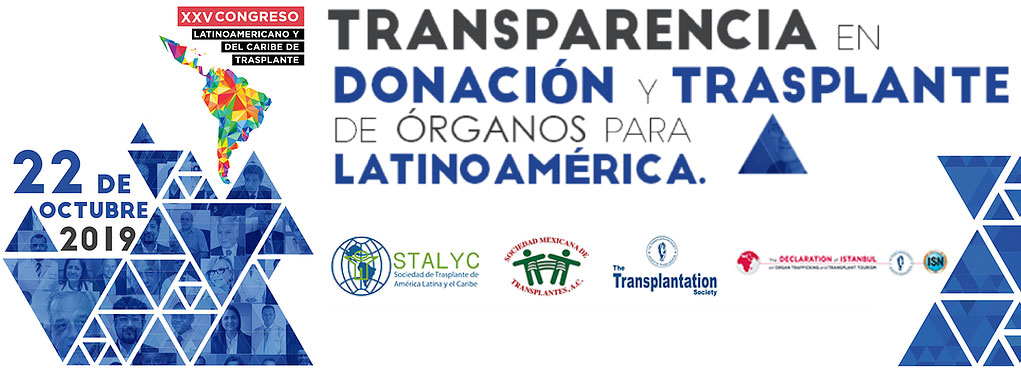
CLICK HERE TO VISIT THE STALYC 2019 WEBSITE
With the focus of organ trafficking issues in Asia, the DICG brings together regional and world leaders to discuss Asian specific challenges to develop and implement ethical transplant practices on 1 October 2019 at the 16th Congress of the Asian Society of Transplantation, in New Delhi, India.

ISVCA 2019 - NEW DELHI, INDIA - SAVE THE DATES - SEPTEMBER 30 - OCTOBER 1, 2019!
8TH PAN ARAB LIVER TRANSPLANT CONGRESS 2020
SAVE THE DATE – MARCH 26-27, 2020
Contact
+1-514-874-1717
This email address is being protected from spambots. You need JavaScript enabled to view it.
Address
The Transplantation Society
International Headquarters
505 Boulevard René-Lévesque Ouest
Suite 1401
Montréal, QC, H2Z 1Y7
Canada

